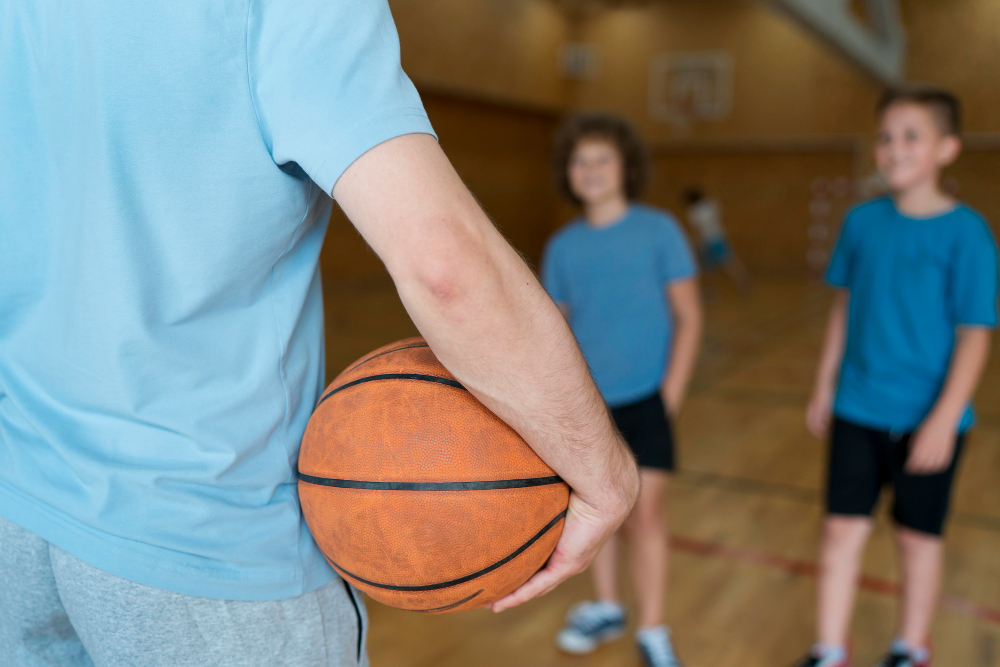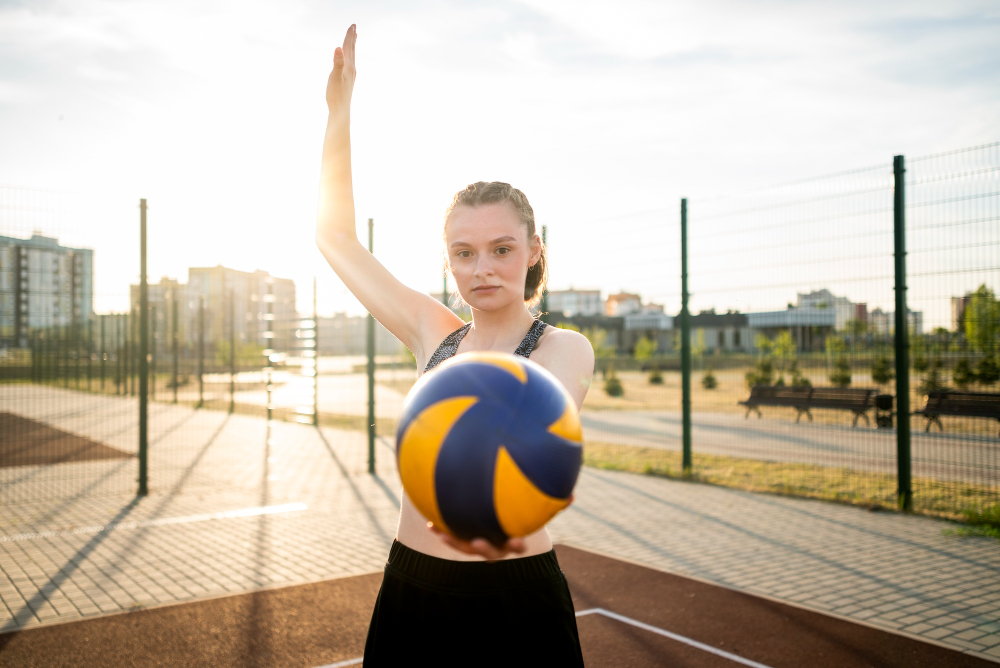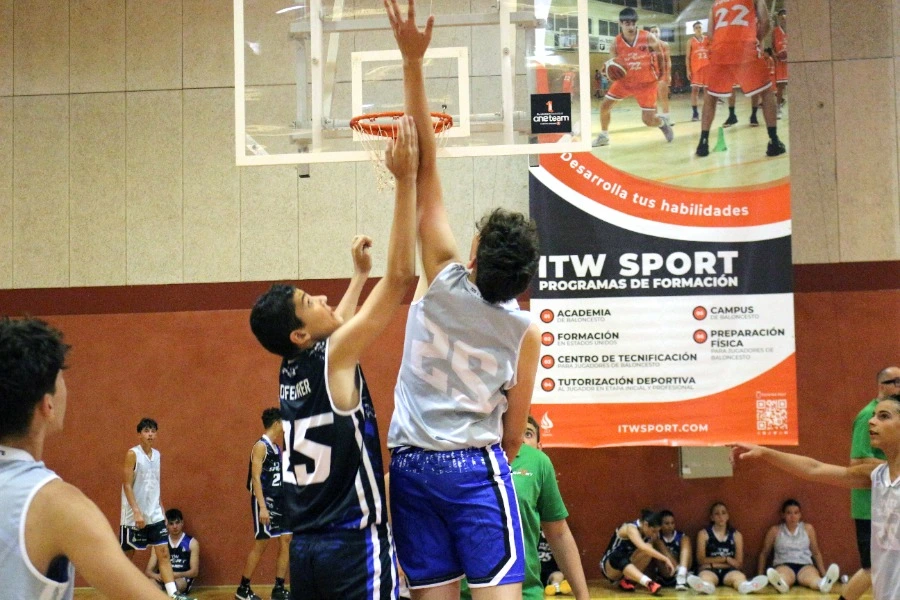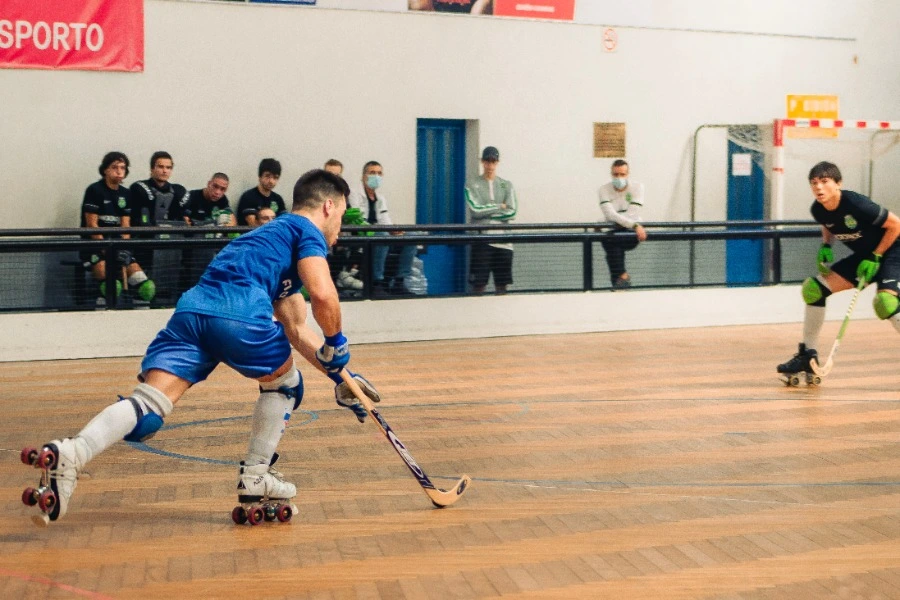In today’s basketball, mastering technical fundamentals is no longer enough. Games are decided by details, and one of the most decisive is the ability to make the right decisions in fractions of a second. Basketball skill development in Barcelona has established itself as an effective way to train this cognitive component of the game, integrating it into technical and tactical training to develop complete, intelligent, and decisive players.
Knowing when to pass, when to attack, how to manage the pace, or anticipate opponents’ movements is what sets apart the players who make a difference.
The Role of Decision-Making in Player Performance
Decision-making is the link between what a player knows how to do and what they actually execute during competition. Many young players with excellent technical skills fail to perform at their best because they cannot correctly interpret game situations in real time.
Basketball is dynamic, unpredictable, and highly contextual. Every action requires processing multiple stimuli —defenders’ positions, open space, shot clock, score— and acting immediately. For this reason, training this ability should be a structural part of any skill development process, not an isolated complement.
Basketball Skill Development in Barcelona: A Game Intelligence-Focused Approach
Basketball skill development programs in Barcelona are incorporating methodologies that go beyond technical development. Sessions are designed to replicate the pressure and chaos of real games, with the goal of forcing the player to perceive, decide, and execute quickly and accurately.
This requires changing the traditional training logic: instead of repeating closed and predictable movements, a variable environment is created where each action has multiple possible responses. In this way, the player learns to choose, not just execute.

Strategies to Train Decision-Making in Basketball
There are different tools that skill development centers use to enhance the cognitive component of the game:
Uncertainty Situations
Open-ended drills (2×1, 3×2, 3×3 with changing rules) force the player to read the context and anticipate what will happen, rather than just executing preset patterns.
Cognitive Demand Under Fatigue
Decision-making often deteriorates when fatigue sets in. That’s why high-intensity physical tasks are combined with simultaneous tactical processing, such as shooting series after maximal efforts or circuits that combine technique and problem-solving.
Immediate Feedback and Guided Reflection
After each action, the player receives instant feedback from the coach or via video analysis. This approach allows consolidating learning and adjusting decisions in real time, accelerating their transfer to the game.
Technology Applied to Training
The use of video tools, sensors, and interactive platforms allows quantifying the speed and effectiveness of decision-making, generating objective metrics that facilitate progression.
The Training Environment as a Determining Factor
Improving decision-making does not depend solely on drills, but also on the learning climate in which they are carried out. For a player to take risks, experiment, and evolve, they need an environment where mistakes are understood as a natural part of the process.
In a basketball skill development center,this aspect is carefully nurtured: specialized coaches, small groups, and individualized monitoring create the ideal conditions for players to explore new solutions without fear of failure.
Results: More Complete and Competitive Players
When a player improves their ability to make decisions in real time, they not only increase their effectiveness on the court, but also gain confidence, leadership, and the ability to positively influence their team.
Many coaches highlight that, after several months of intensive cognitive training, their players move from acting impulsively to controlling the pace, anticipating, and making informed decisions even under high-pressure situations. This evolution transforms their performance and prepares them to compete at higher levels.
Key Strategies to Enhance Decision-Making from Early Development Stages
Although structured training within a basketball skill development program is ideal, there are actions that any young player can incorporate into their development:
- Actively analyze games, trying to anticipate decisions before they happen.
- Participate in small-sided formats (1×1, 2×2, 3×3), which increase the number of decisions per minute.
- Play against opponents of different styles and skill levels to expand their repertoire of responses.
- Work on emotional management in basketball and concentration, as calmness improves mental clarity during the game.
These practices do not replace specialized training, but lay the groundwork for skill development learnings to consolidate more quickly.
Conclusion
Basketball skill development in Barcelona represents an opportunity to develop players who not only master technical fundamentals but also think the game quickly and accurately.
Decision-making is a critical component of competitive performance, and training it requires planning, methodology, and consistency. Investing in this process means developing complete, intelligent players prepared to face elite basketball, where every second and every choice makes a difference.





